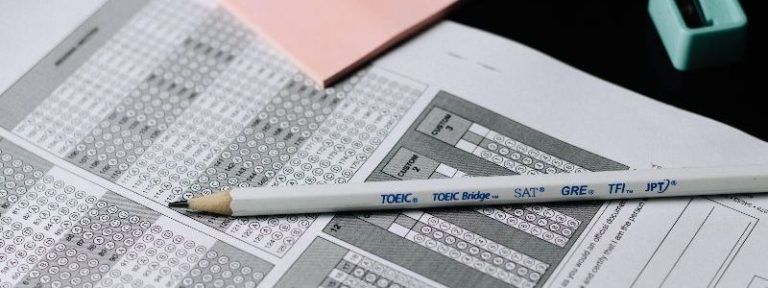Personal Account: RE-SET Client Reflection
Written by a client of the MGH RE-SET Program
As a lifelong overachiever, I always thought I could handle stress well. In my early years of high school, I juggled varsity sports, music, clubs, debate, work, and a busy social life, all while maintaining straight A’s. I had dreamt of attending an Ivy League university since I was 12, and in high school, I did everything in my power to make that a reality.
Yet while I built my resume up, my mental health steadily declined. I struggled to find any enjoyment in the things I did, and was constantly wracked with anxiety and doubt. I was struggling with OCD, and I was deeply afraid that I was a terrible person. The more I felt myself struggling, the more I threw myself into my academics, with the hopes of distracting myself from my constant slew of negative emotions. After performing badly on an exam, I turned to self-harm for the first time as a coping mechanism, and quickly came to rely on it to handle any negative emotions I felt.

“Yet while I built my resume up, my mental health steadily declined. I struggled to find any enjoyment in the things I did, and was constantly wracked with anxiety and doubt…”
Everything came to a head when I was taking the SAT. During the test, I came to the firm conclusion that a malevolent presence was with me in the testing room. I couldn’t focus, and I spent all my time thinking about this presence. When I came home, I was shaken, but my strange beliefs persisted. I also began noticing that my eyes and ears played tricks on me.
For another week after that, I continued to feel this presence with me, and as a response I started acting differently. I stopped doing my schoolwork, I was self-harming more, I couldn’t sleep, I had intense suicidal thoughts, and when I hung out with my friends, I was distant and disinterested. The stress of school, my personal life, and a recent personal loss had overwhelmed me.
When I told my therapist at the time about what had happened, she was very surprised and told my parents. They were instantly very concerned and brought me to RE-SET to be evaluated.
At RE-SET, I started medication for my OCD as well as for some of my beliefs and experiences that were not based in reality. In therapy, I also learned better skills for handling my stress, such as deep breathing and mindfulness; as a result, I stopped self-harming, and I saw a decrease in all of my symptoms. My family also benefited from meetings on how to best support me.

“Because I was handling stress better, I was able to enjoy my life more…I had a fun summer [and] my quality of life has dramatically improved…”
Because I was handling stress better, I was able to enjoy my life more: I was more present while hanging out with friends, I could focus on the work assigned to me in my summer course, and I had a fun summer. I was even able to reach some major milestones, such as getting my driver’s license and taking the SATs again. My quality of life has dramatically improved, and I am much happier than I was at the end of my junior year.
More information about the RE-SET Program and how to make a referral can be found on our website: https://www.resilienceandprevention.com/re-set